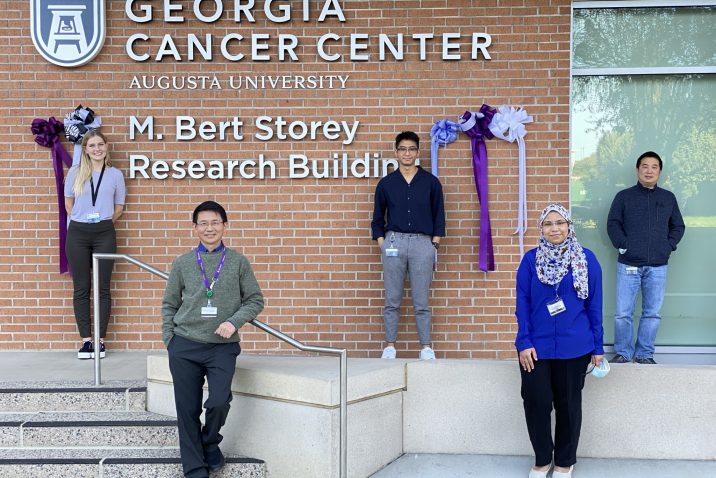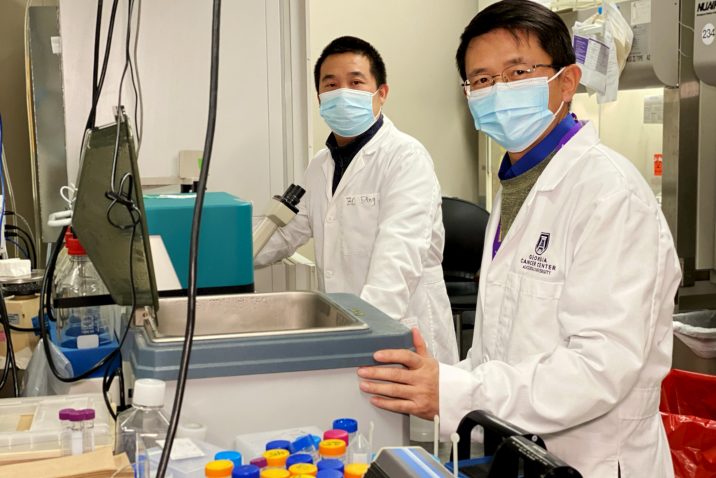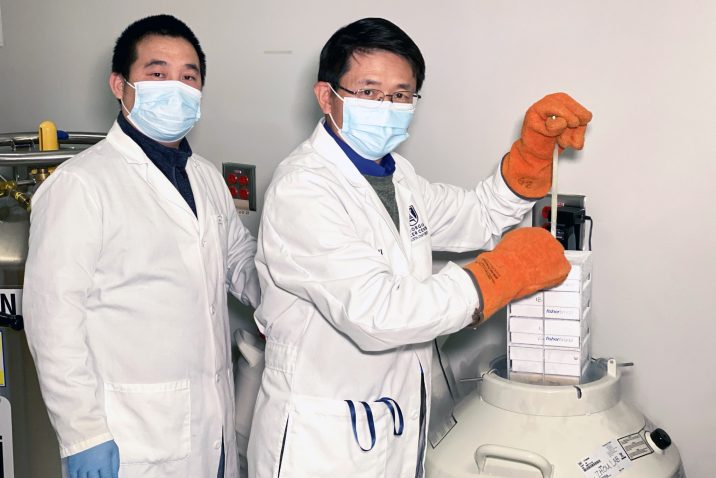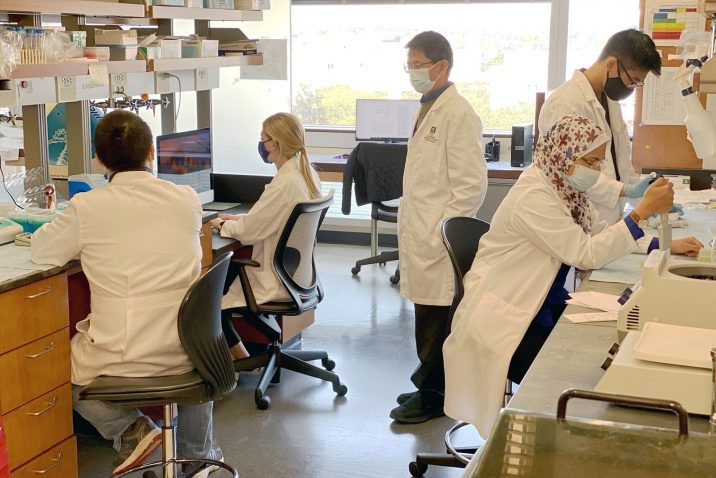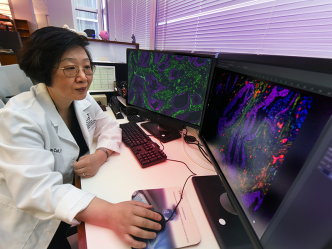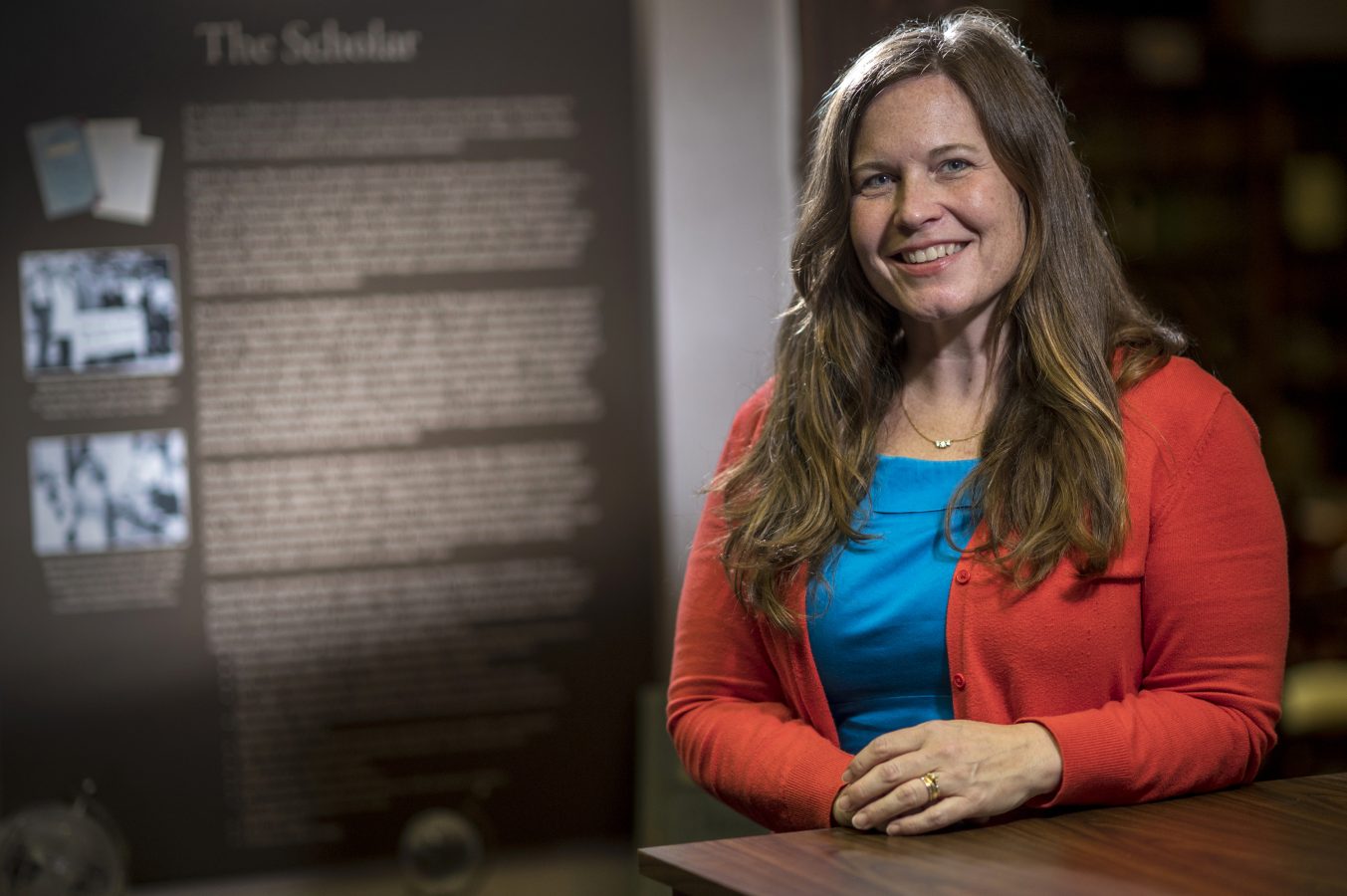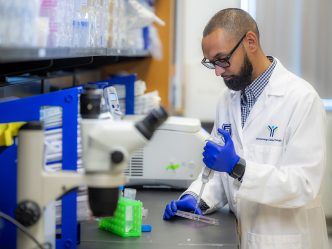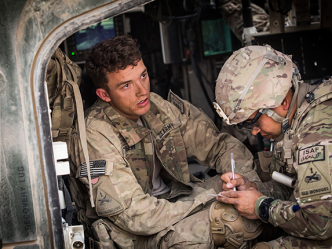Cancer immunotherapy using “designer” immune cells has revolutionized cancer treatment in recent years. In this type of therapy, T cells, a type of white blood cell, are collected from a patient’s blood and subjected to genetic engineering to produce T cells carrying a synthetic molecule termed chimeric antigen receptor (CAR) that is designed to enable T cells to recognize and destroy cancer cells. Then these genetically modified CAR T cells are expanded to large quantity and infused back to the patient.
CAR T cell-based immunotherapies have seen remarkable outcomes in some patients with certain types of cancer, but more work is needed to improve the persistence and function of CAR T cells so that more patients can benefit from this type of therapy. A group of scientists at the Georgia Cancer Center of Augusta University recently reported that CAR T cells can stay active longer and mediate tumor killing more effectively when STAT5, a key signaling molecule, is kept in an active form within CAR T cells.
“Our study shows that expressing an active form of STAT5 in T cells can markedly improve the therapeutic outcome of CAR T cell therapy in mouse B-cell lymphoma models,” said Dr. Gang Zhou, a Professor in the Department of Medicine at the Medical College of Georgia and a faculty member of the Cancer Immunology, Inflammation and Tolerance program at the Georgia Cancer Center. “One particular highlight of our study is that it reveals how STAT5 optimizes the function of CD4+ T cells, a T cell subset that plays a critical role in orchestrating effective antitumor immune responses.”
Zhou and his team published their findings in a report titled Persistent STAT5 activation reprograms the epigenetic landscape in CD4+ T cells to drive polyfunctionality and antitumor immunity in the Science Immunology journal in late October. The study continues Zhou’s previous work on T cell response to interlukin-7 (IL-7), a T-cell growth factor which can trigger the activation of STAT5 in T cells. Zhou and others have shown that activation of the IL-7/STAT5 signaling pathway is beneficial to cancer immunotherapy.
“When a patient receives CAR T cells, a number of obstacles may derail the therapy,” Zhou said. “The CAR T cells may be blocked from entering the tumor sites, or they may be short-lived or become dysfunctional after encountering cancer cells. Our research shows that by adding an activated STAT5 molecule, these T cells can find their way to the tumor and can stay active after they kill the cancer cells. This STAT5 molecule can also help CAR T cells survive longer in the body to prevent cancer cells coming back.”
While Zhou’s work is currently confined to his lab inside the Georgia Cancer Center’s M. Bert Storey Research Building, he hopes someday the application can make its way to the Outpatient Services clinic across the Collaborative Connector suspended above the Laney Walker Boulevard. However, there is still more research to do in the laboratory setting before the STAT5 activation approach can be applied to humans. This includes the development of a human form of active STAT5 molecule similar to what is being used in mouse models. Moreover, the safety and toxicity profiles of this application need to be evaluated more vigorously.
“We are hopeful that some recent technological advances in T cell engineering, such as the inducible suicide gene system, can be used together with the STAT5-engineering strategy to ensure effective and safe application of CAR T cell immunotherapies,” Zhou said.
Besides Zhou, the senior authors of this study include Drs. Zhi-Chun Ding and Huidong Shi, who both are faculty members of the Georgia Cancer Center. This work was supported by funding from the National Cancer Institute.
 Augusta University
Augusta University
